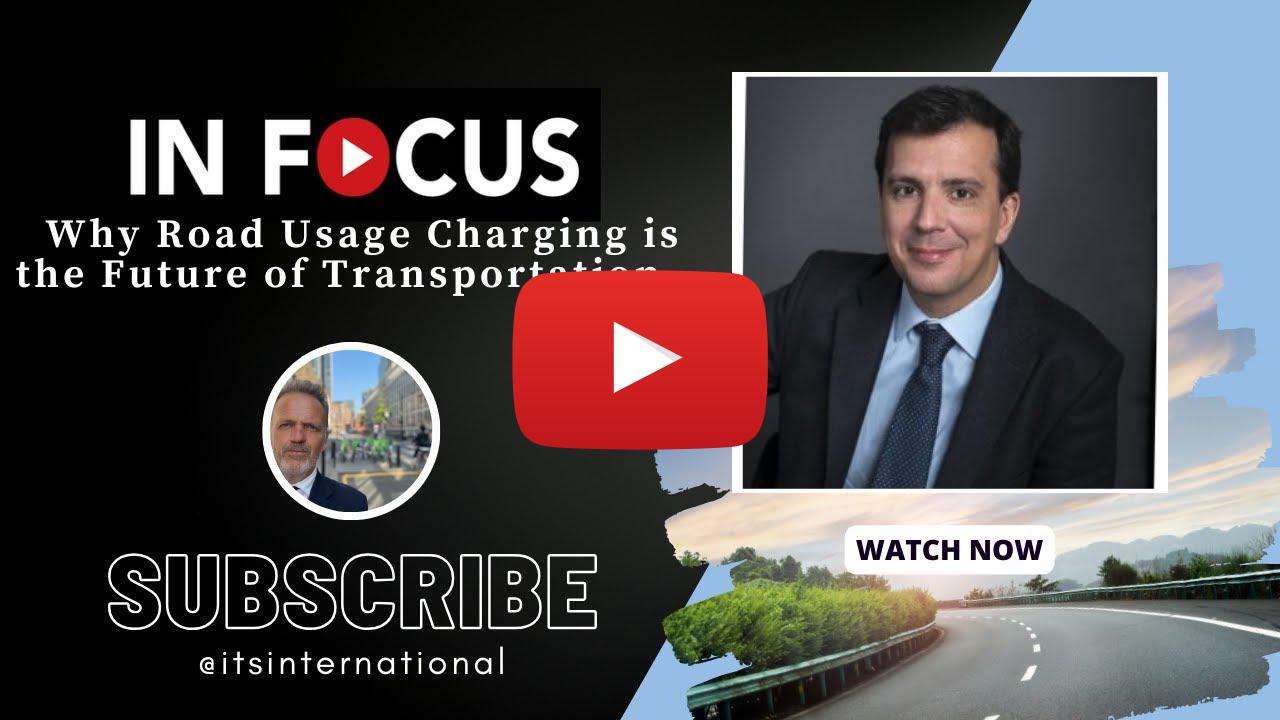Oregon’s Department of Transportation (ODOT) has preliminarily chosen Sanef, Verizon and telematics company Azuga as vendors in the nation’s first large scale pay-by the mile road usage charge (RUC) program, according to Michelle Godfrey, the program’s public affairs officer.
Sanef was selected as the ODOT account manager to provide full turnkey mileage reporting and account management equipment and operations. The company served as the account manager in Oregon’s earlier pilot project.
Verizon, alon
January 28, 2015
Read time: 2 mins
Sanef was selected as the ODOT account manager to provide full turnkey mileage reporting and account management equipment and operations. The company served as the account manager in Oregon’s earlier pilot project.
Verizon, along with Azuga, a subsidiary of Danlaw, were chosen to be commercial account managers for the program. They will compete with each other to offer program participants mileage tracking devices and other ancillary services, such as insurance discounts.
“Vendor relationships are preliminary until the vendor passes ODOT certification,” Godfrey told Toll Roads News. That certification includes a number of tests and performance criteria and “must occur before the vendor can provide services for the Road Usage Charge program,” she said.
Program participants will pay 1.5 cents per mile driven in lieu of paying Oregon’s 30 cents per gallon gasoline tax. Mileage will be tallied in one of three ways. The commercial account managers will offer telematics devices that include global positioning systems (GPS). These devices will track miles driven in-state and exempt miles driven out-of -state from the RUC.
ODOT, through Sanef, will offer a device that tracks mileage, but does not include a GPS. With this system, the user pays for all miles driven, whether they in-state or out-of -state. Users can opt to forgo the mileage trackers and pay a high flat rate.
All three vendors will start operational trials in April, Godfrey said. A small number of volunteers will install tracking devices in their cars and test the vendors’ ability to track and report mileage, collect fees and manage customer accounts.
Although the full program with 5,000 volunteers won’t start until July this year, Oregon is scheduled to start a web site and marketing effort later this week to promote the RUC concept.









